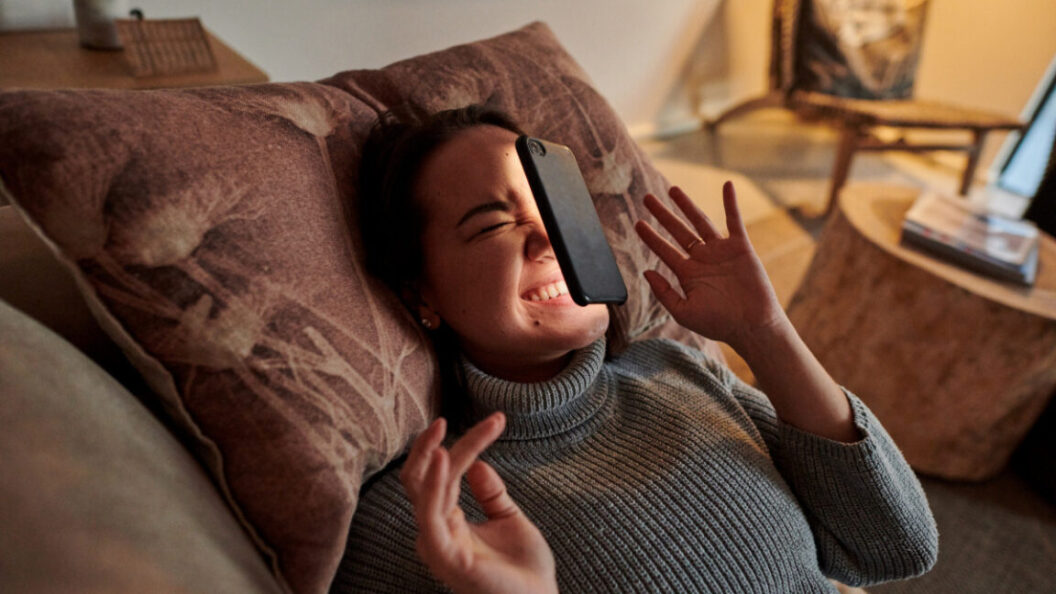AI-Generated Memes Outperform Human Creations in Humor and Shareability, Study Finds
In a recent study examining the efficacy of AI in meme generation, researchers found that memes produced entirely by AI models significantly outperformed those created by humans in terms of humor, creativity, and shareability. This study explores the evolving role of artificial intelligence in creative processes, particularly in the realm of digital culture. While the study reveals that AI can enhance meme production, it also raises questions about ownership and the subjective nature of creativity.
Key Findings of the Study
Researchers utilized popular meme templates and employed either AI models or human participants to generate captions. According to the study, fully AI-generated memes averaged higher ratings in humor, creativity, and shareability when evaluated by crowdsourced participants. Shareability was defined as a meme’s potential to go viral, factoring in its humor, relatability, and relevance to ongoing cultural discussions. Notably, this research is among the first to indicate that AI-generated memes can surpass those made by humans across these crucial metrics.
Human Contributions Still Shine
Despite the impressive performance of AI-generated memes, the study does include an essential nuance: when focusing on the standout individual memes, it was the human creators who produced the funniest examples. Additionally, memes resulting from human-AI collaborations emerged as the most creative and shareable. This indicates a division in strengths: AI models excel at generating broadly appealing content, while humans—whether working solo or with AI—crafted the most exceptional pieces of humor.
The Impact of AI on Creative Processes
Participants who engaged with AI assistance reported generating significantly more meme ideas and found the creative process less taxing. However, the study indicates that while human-AI collaborations increased overall quantity, they did not necessarily yield superior qualitative outcomes. As the researchers noted, "The increased productivity of human-AI teams does not lead to better results—just to more results."
Furthermore, the study highlights some psychological implications of using AI tools in creative endeavors. Participants utilizing AI assistance felt a diminished sense of ownership over their creations compared to those who worked alone. This sense of ownership has been linked to creative motivation and satisfaction, suggesting that those interested in leveraging AI for creative tasks must find a balance that preserves their personal connection to the work.
Reflections on the Future of AI in Creativity
The findings of this study are significant in the context of the ongoing dialogue about the role of AI in creative fields. As technology continues to advance, understanding how AI can complement but also challenge traditional creative processes will be crucial. The study suggests a dual approach: while AI can effectively amplify output and appeal, human input remains invaluable for producing unique and resonant content.
As creators experiment with AI tools, they may need to reflect critically on their relationship with these technologies. The balance between leveraging AI for efficiency and ensuring personal ownership in creative works is a vital consideration for future developments in digital content creation. The insights gleaned from this research may influence how artists, marketers, and communicators utilize AI in their work moving forward, potentially reshaping the landscape of meme culture and beyond.









